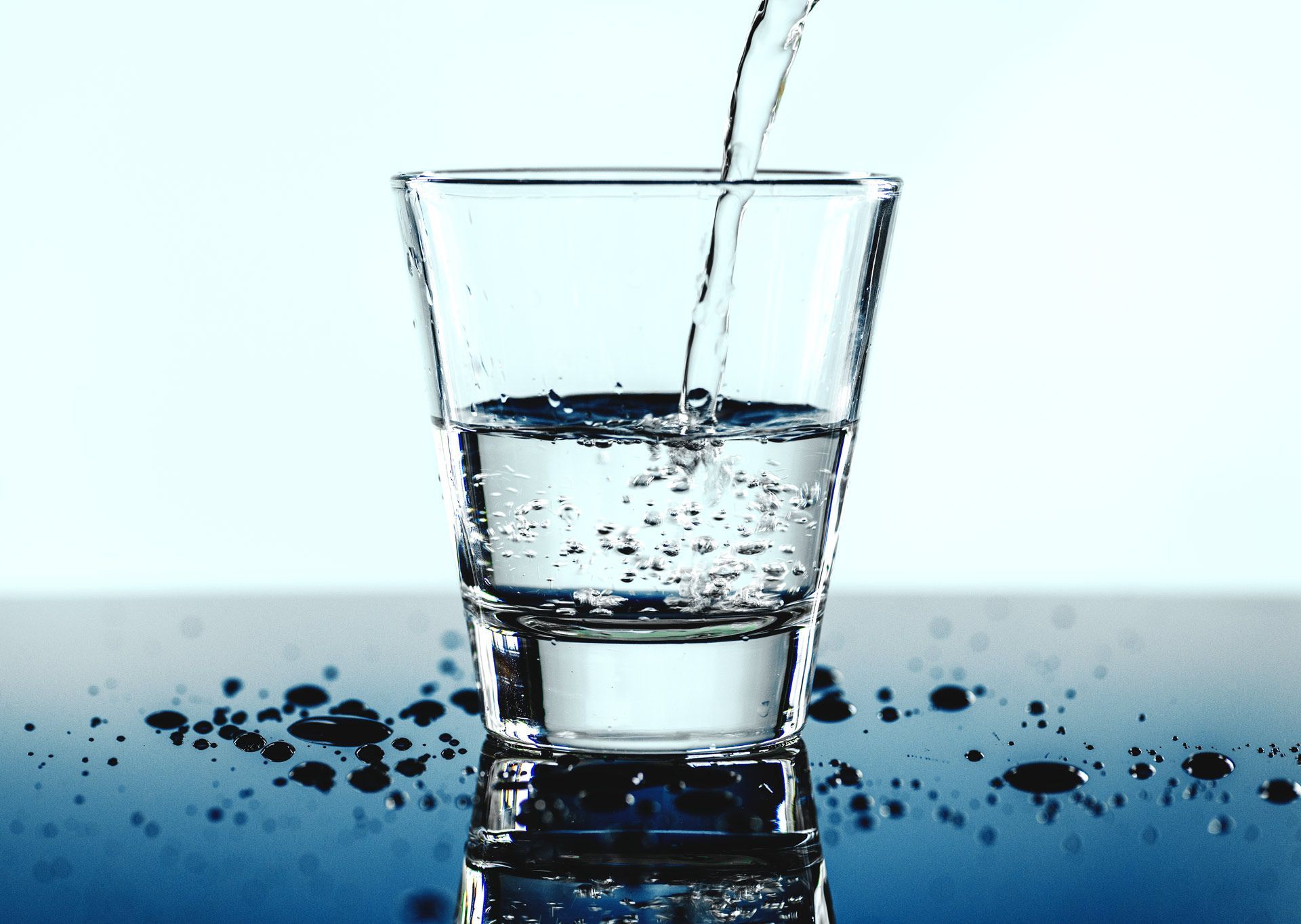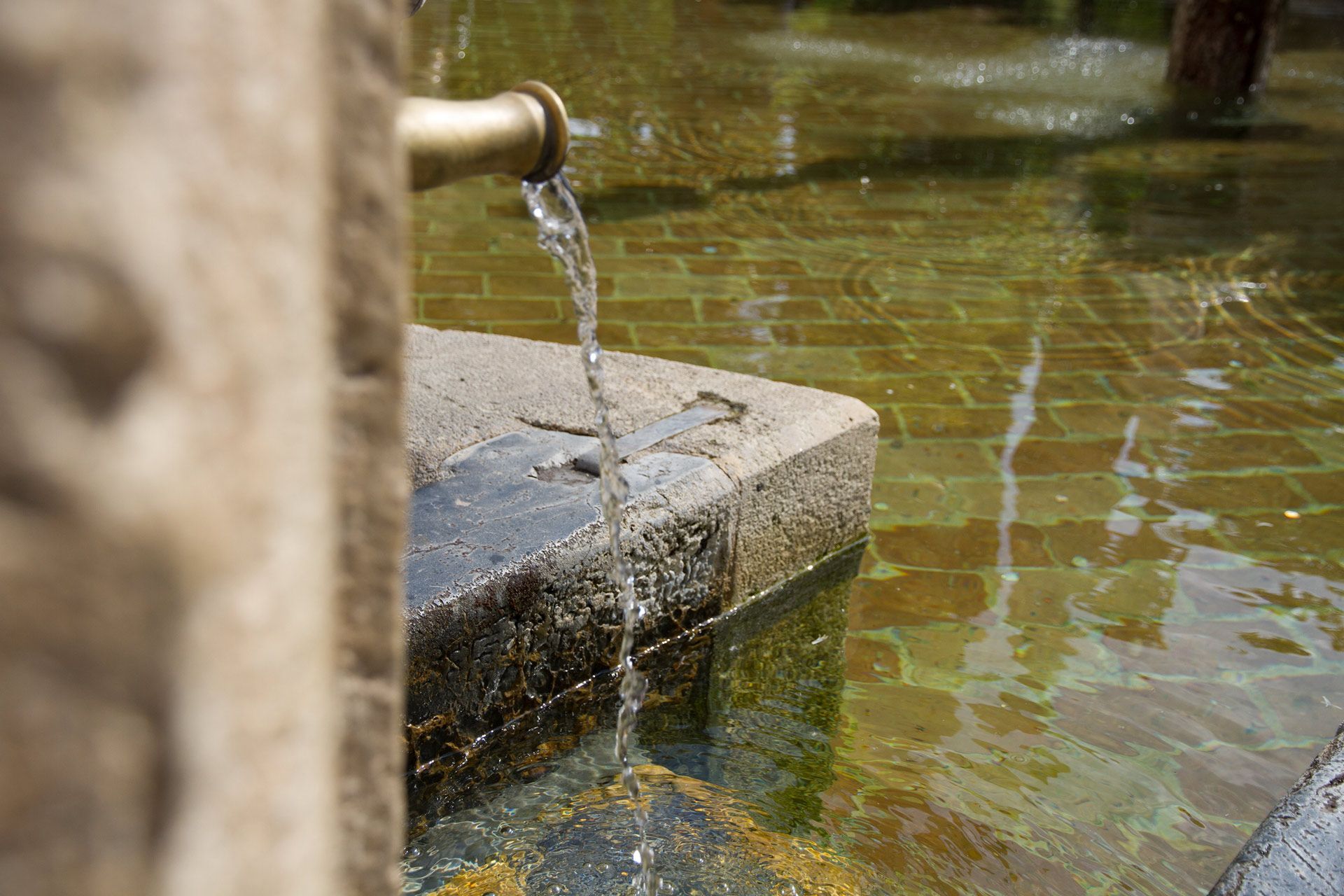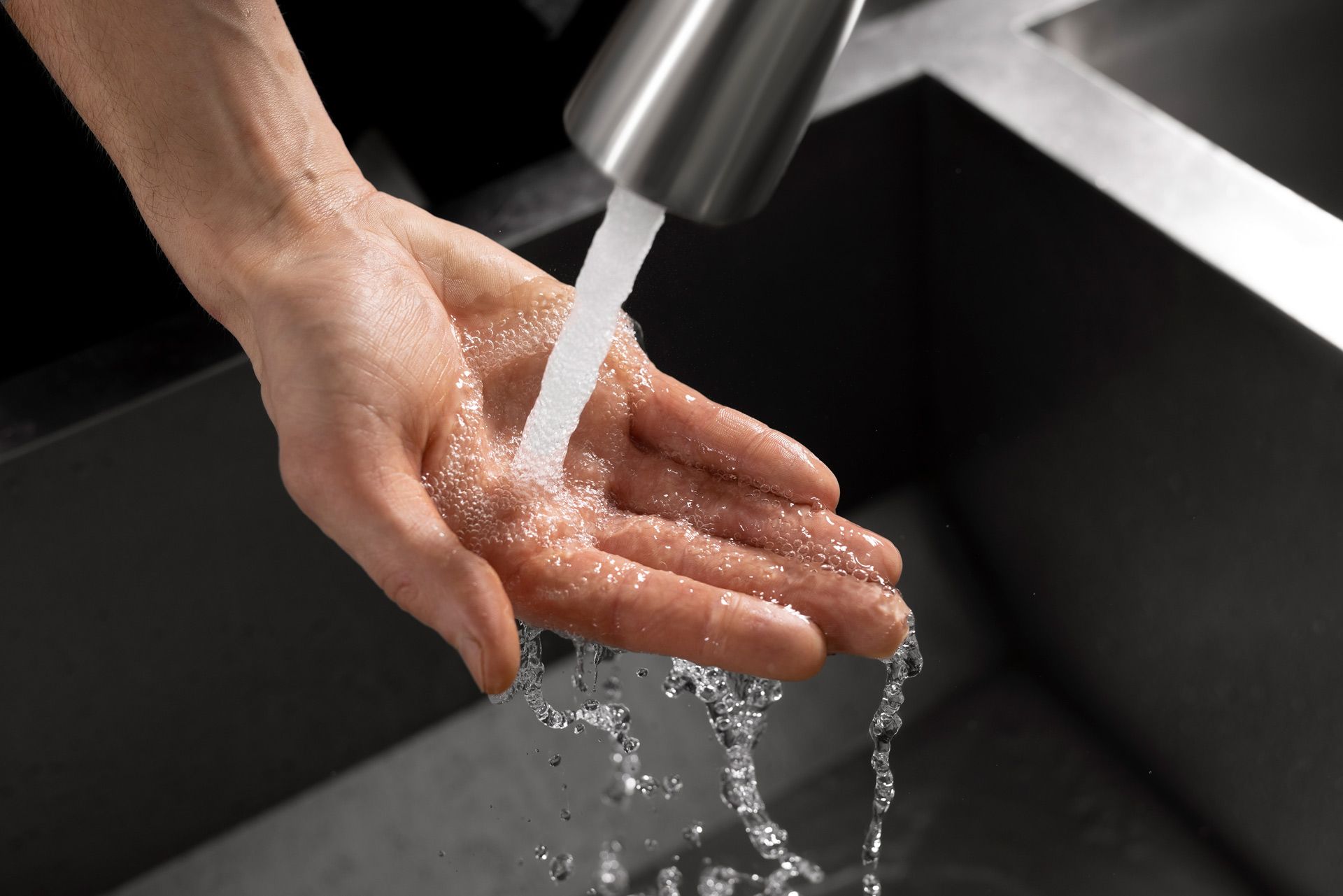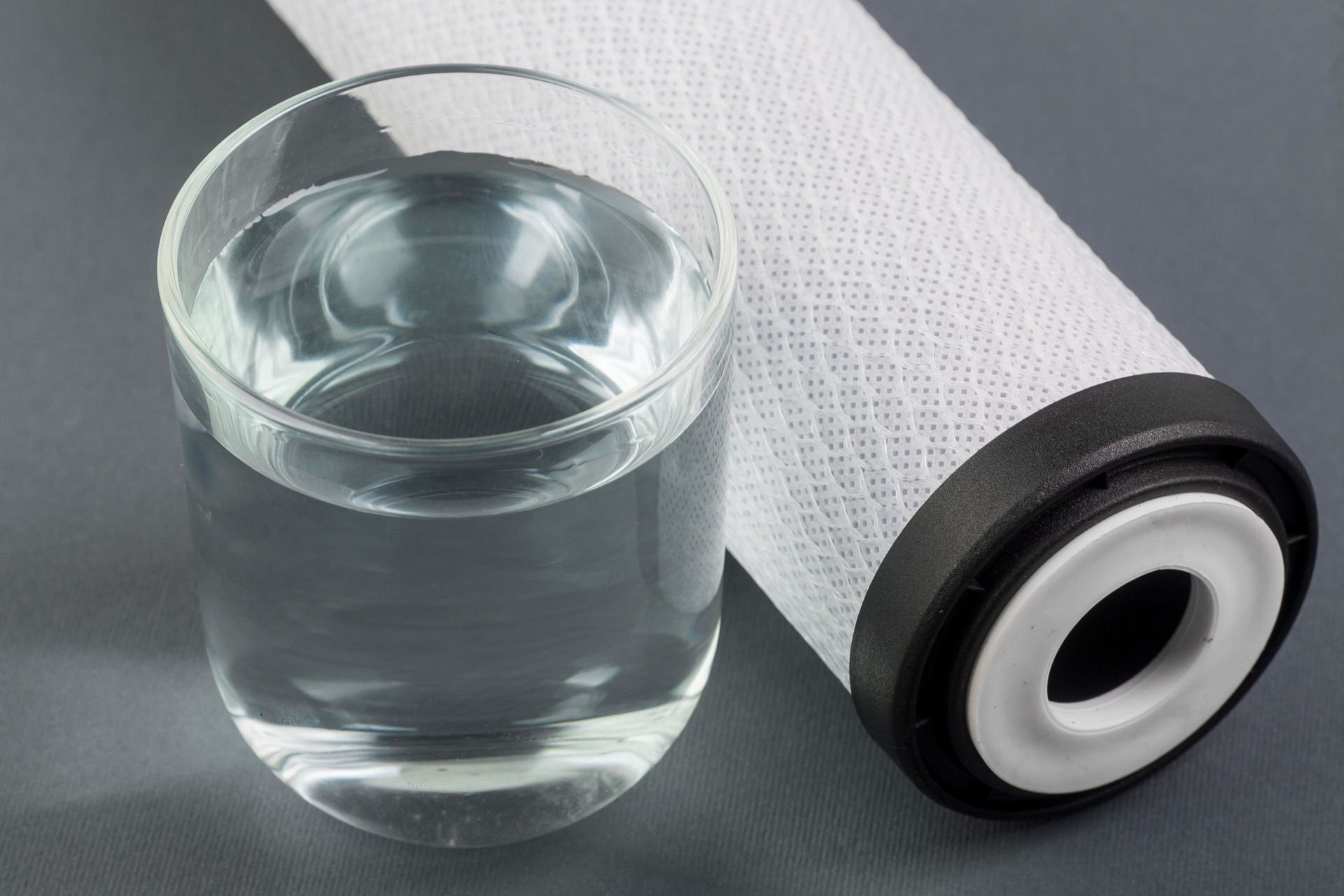How Whole-House Filtration Can Save Money & Reduce Maintenance in Shelbyville Homes
October 26, 2025
Introduction
Have you noticed frequent plumbing repairs, appliances wearing out too soon, or water that just doesn’t taste fresh? Shelbyville homeowners often deal with water quality challenges — from sediment and chlorine to hard water and iron — that cause hidden costs over time.
A whole-house filtration system can do more than just make your water taste better. It can save money, protect appliances, and cut down on time spent cleaning and maintaining your home. In this article, we’ll break down how whole-house filtration works, why it’s a smart investment, and how it can benefit Shelbyville residents long-term.
Understanding Whole-House Water Filtration
Whole-house filtration systems, sometimes called point-of-entry systems, treat all the water as it enters your home. That means every faucet, shower, and appliance gets cleaner, filtered water.
What These Systems Can Remove
Depending on your setup, whole-house systems can reduce:
- Sediment (sand, silt, rust) that clogs pipes and damages appliances
- Chlorine and chloramines that cause unpleasant taste, odor, and dry skin
- Iron and manganese that create staining
- Other contaminants like pesticides or heavy metals depending on filter media
Benefits Beyond Clean Water
While better-tasting water is the most noticeable change, these systems also:
- Protect plumbing and water heaters from buildup
- Keep showerheads, faucets, and appliances running longer
- Reduce soap and detergent usage because water is cleaner
- Cut down on scrubbing stains and scale in sinks and tubs
How Whole-House Filtration Saves Money
The real value of filtration is in the long-term savings it creates. Here’s how these systems can put money back in your pocket.
Lower Appliance Repair & Replacement Costs
Water heaters, dishwashers, and washing machines last longer when they aren’t clogged with scale and sediment. Replacing a water heater can cost $1,000–$3,000 — extending its life even a few years offsets the cost of a filtration system.
Reduced Plumbing Maintenance
Sediment and rust can lead to clogged pipes and reduced water flow. Preventing this means fewer service calls to clear blockages or replace fixtures.
Less Soap, Detergent, and Cleaning Supplies
Filtered water allows soaps to lather better and reduces the need for harsh cleaning chemicals to remove buildup. Over time, these savings add up.
Lower Energy Bills
When water heaters stay free of scale, they operate more efficiently, which can save energy and reduce monthly bills.
Step-by-Step Guide to Choosing a Whole-House Filtration System
If you’re considering a whole-house system in Shelbyville, here’s how to get started:
- Test Your Water Quality
Measure sediment levels, chlorine, hardness, iron, and any other contaminants. This helps determine what type of filter media you need. - Identify Your Household’s Goals
Do you want better taste, scale prevention, iron removal, or all of the above? A professional can help match your goals to the right system. - Select the Right System Size and Media
Choose a system rated for your home’s flow rate and family size so water pressure isn’t affected. - Plan for Maintenance
Some filters need cartridge replacements every few months, while others backwash automatically. Pick an option that fits your schedule. - Hire a Professional Installer
Proper installation ensures your system works correctly and protects the entire home. - Maintain and Monitor
Keep up with filter replacements and annual checks to maintain performance.
Frequently Asked Questions
Do whole-house filters make water safe to drink?
Yes, many systems significantly improve drinking water quality, though some homes may still choose an additional under-sink filter for extra purification.
How much does a whole-house system cost?
Costs vary based on size, media type, and installation complexity. Many Shelbyville homeowners find the savings in repairs and cleaning supplies justify the investment within a few years.
Will filtration affect water pressure?
Not if the system is sized correctly for your home’s flow rate.
How often do filters need to be replaced?
It depends on your water quality and system type. Cartridge filters may need replacing every 3–6 months, while backwashing systems can last years before media changes.
Can a whole-house filter work with a water softener?
Yes. In fact, many homes benefit from combining filtration with softening to address both contaminants and hardness.
Conclusion
Whole-house filtration is more than a convenience — it’s a smart investment for Shelbyville homeowners who want to protect their plumbing, extend appliance life, and reduce ongoing maintenance costs.
By testing your water, choosing the right system, and keeping it maintained, you can enjoy cleaner water, lower bills, and a home that stays in better shape for years to come.











